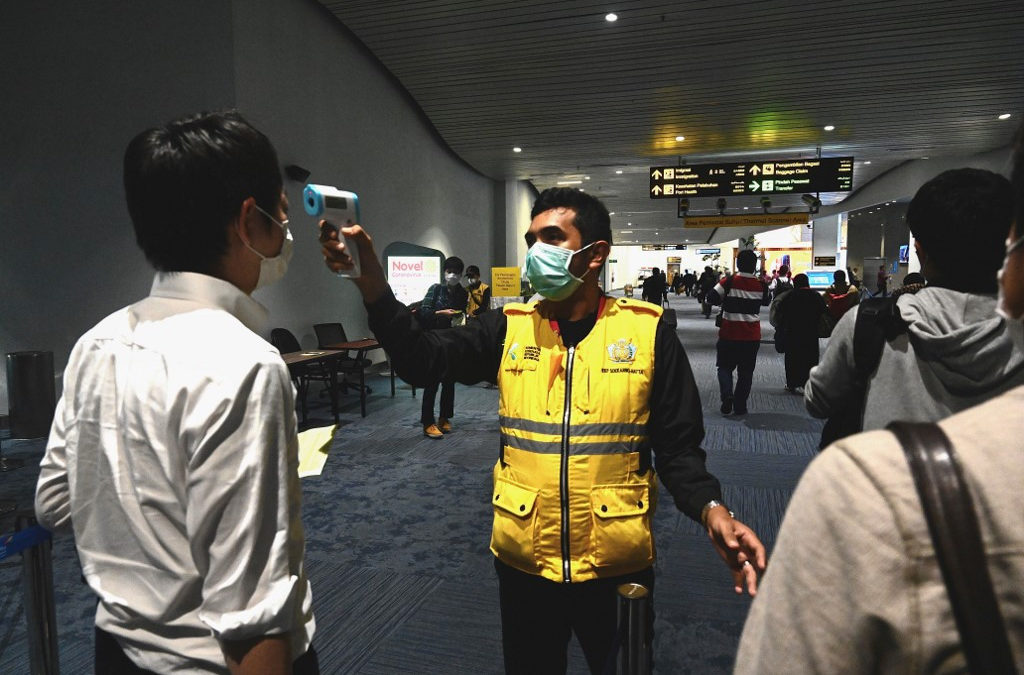Indonesia confirmed its first coronavirus cases in the country, as the UN health body raised the possibility that more cases may be detected in the near future.
The World Health Organization has called on the public in general to remain calm after Indonesia confirmed its first coronavirus cases in the country, as the UN health body raised the possibility that more cases may be detected in the near future.
“We are not surprised by the announcement and we can anticipate more cases in the coming days. Early detection of cases and laboratory confirmation is critical,” WHO representative to Indonesia N. Paranietharan said in a statement on Monday.
“We have been working closely with the government to prepare for this scenario. Now that it is a reality, it is important that we ensure the activities planned during preparedness are implemented quickly.”
President Joko “Jokowi” Widodo announced on Monday that two Indonesians tested positive for COVID-19, the first two confirmed cases of the disease brought by the coronavirus originating from China.
Jokowi said the two people, a 64-year-old and her 31-year-old daughter, both residents of Depok in West Java, had been in contact with a Japanese citizen who tested positive in Malaysia on Feb. 27 after visiting Indonesia in early February.
The WHO further urged citizens to maintain a healthy lifestyle, as well as tend to their personal hygiene, to reduce possible risks of viral infection.
The organization recommended that the public wash their hands properly by using clean running water and soap, or alcohol-based hand rub, and avoid close contact with any individual with a fever or cough.
Paranietharan said children were not known to exhibit COVID-19 symptoms.
“Risk of severe disease is high for those over 60 years old and those with pre-existing conditions such as diabetes and heart disease,” Paranietharan said.
Monday’s announcement added Indonesia to the list of coronavirus-hit countries after the archipelago claimed there were zero cases for almost two months since the virus first emerged from Wuhan in late December.
Many residents of the nation’s capital reportedly responded to the announcement by frantically stocking up on supplies, most notably face masks and hand sanitizers, at convenience stores across the city – a phenomenon known as panic buying – amid fears of a possible coronavirus outbreak in the city.
Indonesia’s previous zero cases had raised concerns from many about the detection ability in the country of more than 260 million people, especially as reports had emerged of COVID-19 cases outside Indonesia in which the patients had visited the archipelago before being declared positive in other countries.
The global death toll from COVID-19 soared pass 3,000 on Monday as the virus has now infected more than 89,000 people and spread to more than 60 countries to date, AFP reported. (rfa)

